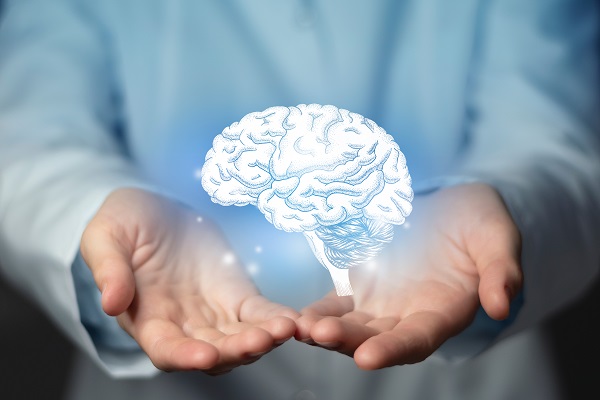A Neurosurgeon Discusses Brain Aneurysm

Looking for beneficial brain aneurysm information? Contacting an experienced neurosurgeon allows those in need to fully understand everything there is to know about this serious medical problem. The fact that a ruptured aneurysm can be life-threatening makes seeking professional help crucial.
What exactly is a brain aneurysm?
Understanding what a brain aneurysm is the first thing anyone diagnosed needs to realize. According to the American Association of Neurological Surgeons, a cerebral aneurysm is an abnormal focal dilation of an artery in the brain that results from a weakening of the inner muscular layer (the intima) of a blood vessel wall. These thinning walls have many causes, including high blood pressure, blood flow problems, heredity and trauma.
What to know about brain aneurysms
While being diagnosed with a brain aneurysm is not a very common diagnosis, it can be a serious and even deadly medical problem, requiring people to understand more about what it is and how it can be treated. The information below consists of what people need to know when they believe they or someone else they know may be living with a brain aneurysm.
Diagnosing
Anyone who experiences one or more of the warning signs associated with an aneurysm in the brain may be living with a brain aneurysm. Common warning signs consist of ongoing and/or severe headaches, experiencing pain located behind one or both eyes, blurred vision and double vision. While many people will experience one or more of these signs, some aneurysms will not present any symptoms, making regular screenings is essential. In order to be on the side of caution, making a consultation appointment for a full evaluation is necessary.
Types
There are two main types of brain aneurysms: saccular cerebral and fusiform. Saccular cerebral aneurysms are also known as berry aneurysms because they resemble a small berry when affecting a blood vessel wall. This bulge occurs only on one side of the wall and is less commonly diagnosed in patients than the fusiform type. A fusiform aneurysm is a more common aneurysm and differs from the saccular type because it affects a blood vessel wall by widening it on both sides vs. just the one side.
Treatment
Treating an aneurysm depends on the type, size and shape of the aneurysm. Current treatments include undergoing medical therapy, surgical clipping or an endovascular coiling procedure. A comprehensive approach is required to create a well-thought-out plan, as this will include all the details a patient needs to know about the treatment they need to address their brain aneurysm.
The next step
Neurosurgeons are the go-to medical professionals for both diagnosing and treating brain aneurysms. There are different types of aneurysms, making it essential for you to get a proper diagnosis. Making a consultation appointment is the next necessary step.
Request an appointment here: https://www.brainandspineni.com or call Brain and Spine Neuroscience Institute at (813) 751-2029 for an appointment in our Palm Harbor office.
Check out what others are saying about our services on Yelp: Brain Aneurysm in Palm Harbor, FL.
Related Posts
Your baby needs hydrocephalus treatment if there is a buildup of CSF (cerebrospinal fluid) in the spinal column and brain. The telling sign is the enlargement of the heads of young kids and newborns. This excess fluid puts pressure on the brain tissue. This could lead to cognitive and general health issues if it does…
A brain anerusym is a serious condition that occurs in a blood vessel in the brain. It can lead to severe complications, including a rupture that causes brain hemorrhage. Understanding the symptoms, risks, and treatment options can help ensure patients take the necessary and immediate action to prevent the condition from worsening.A brain aneurysm forms…
Traumatic brain injury is one of the conditions that a neurosurgeon treats. The condition is simply a brain injury resulting from trauma – a blunt force to the head or an object breaking through the skull to reach the brain tissue. Depending on the severity of the brain damage, the symptoms can range from mild…
A stroke treatment center provides comprehensive care for patients recovering from a stroke, from emergency treatment to the support they need to support their long-term health. These facilities are staffed by highly trained professionals and advanced medical technology. Stroke treatment centers aim to provide patients with the best possible treatment at every stage of their…
